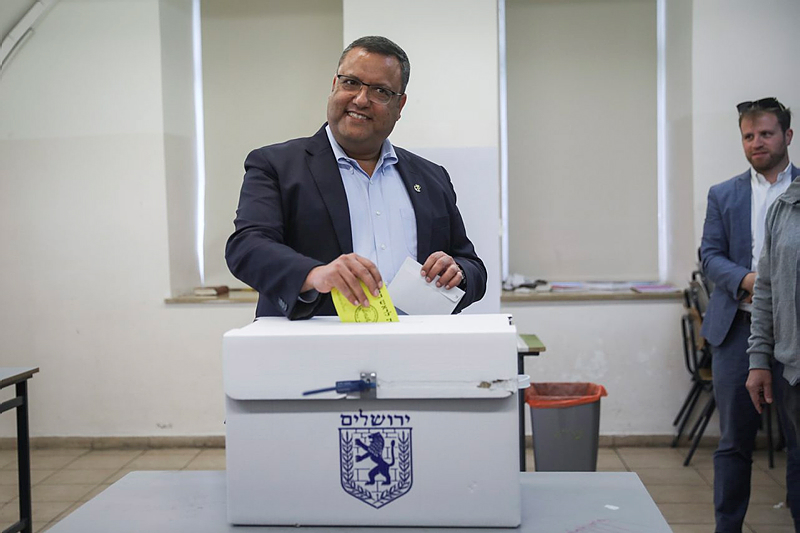Israeli voters headed to the polls Tuesday to choose their city and regional representatives.
By World Israel News
After a blitz by campaigners featuring election signage on bus stations, shop windows and residential buildings, Israeli voters headed to the polls Tuesday to choose their city and regional representatives.
Roughly 6.6 million citizens have the right to vote in 4,000 polling places scattered throughout the country. Even prisoners – estimated at 10,500 – have the right to vote.
Israelis will cast ballots for a total of 863 mayoral candidates and 3,400 candidates vying to lead regional councils.
In 2014, election day was ruled a national holiday in the hopes of increasing voter turnout. The average turnout for municipal elections is 50 percent – lower than the 70 percent average for national elections. Tuesday’s elections are the first time municipal elections have been held on a sabbatical since 1986.
Although local politicians are elected for five-year terms and hold considerable power over public services, the Israeli public has not viewed them as important in recent cycles. In 2013, the last elections, voter turnout disappointed.
Tel Aviv saw a 22 percent turnout. Jerusalem reached 35.9 percent. Other major cities also saw low voter interest, including Holon, Bat Yam, Rishon Lezion, Beersheba, Ramat Gan and Rehovot. Following the dismal results, an Israeli Cabinet member suggested fining citizens who don’t vote.
In areas where no candidate passes a 40 percent threshold, a second round of voting will be held in two weeks, on Nov. 13.



